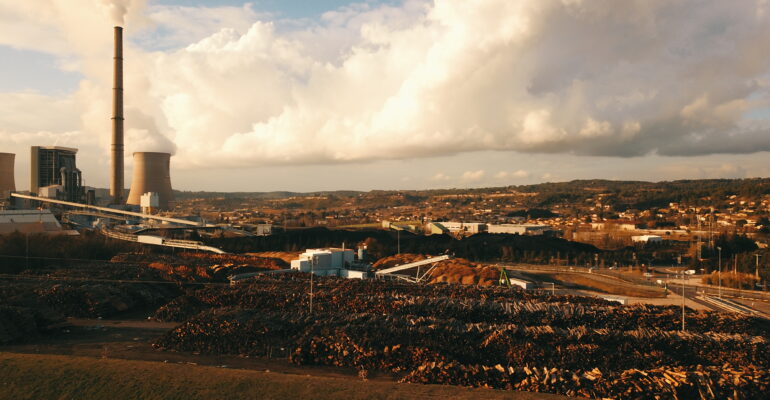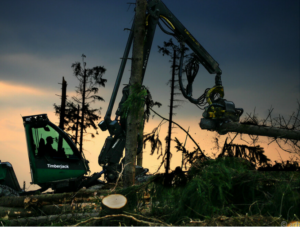Clean energy vote: MEPs sell out climate, nature & people to please intensive farming & forestry lobby
By Alice Collier and Matt Williams, Policy Officers at RSPB.
Today’s European Parliament vote, like yesterday’s marine vote, delivers yet another dramatic death blow to our living planet. Razing whole forests to the ground to feed our energy use releases vastly increased carbon into our atmosphere; carbon which would otherwise be naturally stored in the forest. Converting land into biofuel plantations means wiping out nature and evicting local communities. This is a crime when well-located wind and solar power offer viable alternatives. Energy from biomass should be limited to waste and residues, not whole trees, forests and food. Such perverted outcomes do not help in the fight against climate change.
Whilst MEPs have shown good (yet insufficient) climate mitigation ambition by voting for a 35% renewable energy target, they have largely destroyed the meaning of such targets by ensuring that most of it will still be met with unsustainable biomass that does not actually contribute to climate mitigation. MEPs failed to bring an end to the use of stumps and whole trees for energy. They also supported a damaging new ‘renewable energy in transport’ target of 12% (de facto an increased biofuel target). They have also capped the contribution of harmful crop-based biofuels at 2017 levels, with a maximum contribution of 7% – at twice the level proposed by the Commission for 2030. One small positive step is a shift in the focus onto potentially more sustainable advanced fuels, including electrification.
Matt Williams, BirdLife Europe Policy Officer: « This result is a huge disappointment. The vote will massively increase exploitation of forests inside and outside the EU, harming habitats and wildlife, while potentially increasing emissions instead of saving them. This completely disregards overwhelming scientific evidence (and appeals from hundreds of scientists just before the vote) on the harmful climate impacts of burning trees for energy.”
On a more positive note, MEPs today at least acted to help improve overall coherence with EU nature protection objectives during the energy transition. They supported a strategic spatial approach to energy planning. They rejected a dangerous proposal that intended to prioritise large renewable energy projects of cross-border interest without policy safeguards which would have undermined the EU’s own Nature Directives and the vital protection they provide to our wildlife and habitats.
Alice Collier, BirdLife Europe Policy Officer: “Although the European parliament has bungled bioenergy, they have at least recognised the need for Member States to avoid a costly and time-consuming future conflict between genuinely renewable energy and wildlife by taking a more strategic approach to energy planning across Europe.”
ENDS
For further information, please contact:
Matt Williams
BirdLife Europe Policy Officer
Mobile: +44 (0) 785 457 5690
Alice Collier
BirdLife Europe Policy Officer
Alice.Collier@rspb.org.uk
Mobile: +44 (0) 770 282 2865
BirdLife Europe and Central Asia is a partnership of 48 national conservation organisations and a leader in bird conservation. Our unique local to global approach enables us to deliver high impact and long term conservation for the benefit of nature and people. BirdLife Europe and Central Asia is one of the six regional secretariats that compose BirdLife International. Based in Brussels, it supports the European and Central Asian Partnership and is present in 47 countries including all EU Member States. With more than 4100 staff in Europe, two million members and tens of thousands of skilled volunteers, BirdLife Europe and Central Asia, together with its national partners, owns or manages more than 6000 nature sites totalling 320,000 hectares.
Banner photo: © France Nature Environnement





